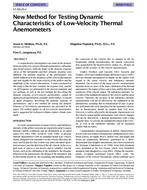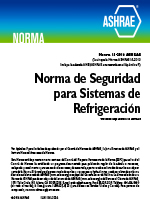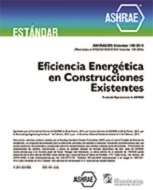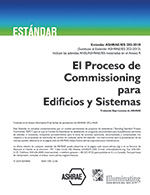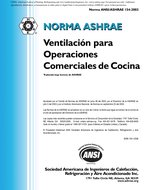Description
A comprehensive investigation was made of the dynamic behavior of five low-velocity thermal anemometers with omnidirectional sensors. Both the shape of the dynamic response curves of the instruments and their dynamic response were different. The dynamic response of the anemometers was mainly influenced by the frequency of the velocity fluctuations and only slightly by the mean velocity of the airflow and the amplitude of the velocity fluctuations. A main conclusion of this study is that the time constant, the response time, and the cut-off frequency recommended in the present standards and test methods, as well as the test methods for describing the dynamic response of low-velocity anemometers, cannot be applied to all anemometers available on the market. A concept of upper frequency, describing the dynamic response of anemometers, and a new method for testing the dynamic behavior of low-velocity anemometers are presented in the paper. The method applies to all low-velocity anemometers and is suggested for inclusion in future indoor climate standards.
Units: SI
Citation: Symposium, ASHRAE Transactions, 1998, Vol 104, pt. 1A, San Francisco
Product Details
- Published:
- 1998
- Number of Pages:
- 17
- File Size:
- 1 file , 360 KB
- Product Code(s):
- D-7911
